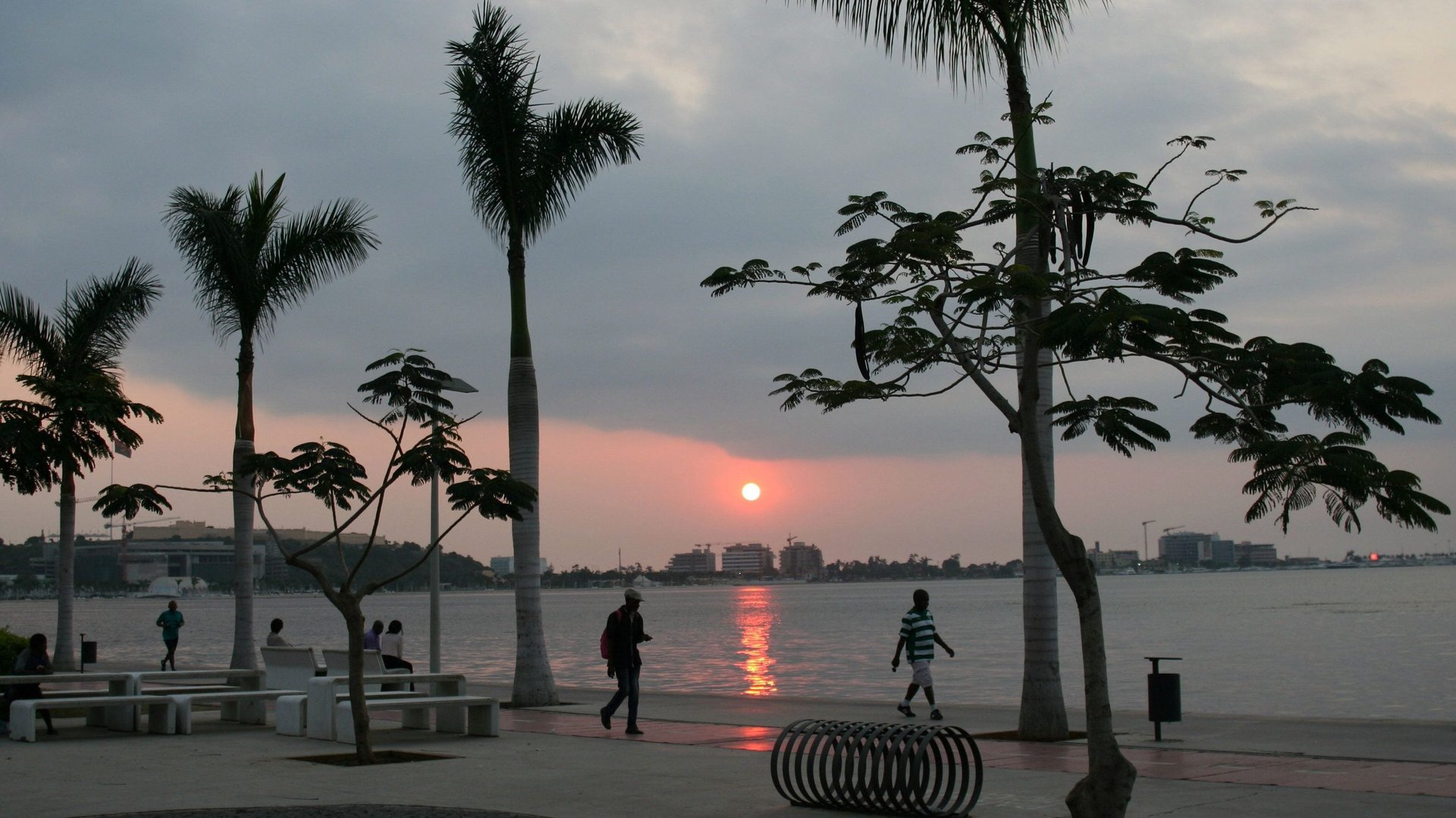It’s really expensive for Africans to live in their own cities
For the last decade or so, lists of the world’s most expensive cities usually include London, Hong Kong, perhaps New York, and then at least one African city—recently it’s been Luanda, Angola or an unexpected city like N’Djamena, Chad.


For the last decade or so, lists of the world’s most expensive cities usually include London, Hong Kong, perhaps New York, and then at least one African city—recently it’s been Luanda, Angola or an unexpected city like N’Djamena, Chad.
These reports by international firms are focused on expatriate corporate executives, and their calculations often include luxuries like personal drivers and security, with a corporate expense account to take care of the details. Of course, that utterly ignores the reality of a vast majority of citizens face in fast-growing African cities. Trying to explain Lagos is an expensive city by comparing the price of a martini with the price of one in Manhattan might be a fun exercise—but it provides little insight into how ordinary Lagosians live.
A team of World Bank economists dug into price levels, and found goods and services consumed by urban households in sub-Saharan African countries are 25%-28% more expensive than in other low- and middle-income countries, based on purchasing power parity.
We’ve written about the higher expense of living in African cities, where population growth exceeds the ability of development and resources to keep pace with the teeming numbers. It affects everything. The researchers highlight rent in African cities as being 55% more expensive than in comparable cities, while food is 35% more expensive. “Such high living costs challenge the livelihood of city residents—particularly low-income households who allocate a large portion of their budgets for food expenditures,” they write.
As the paper also notes, the high costs of living in African cities can constrain economic development because firms need to pay higher wages to compensate for high costs of living.
The dynamic puts a dampener on the idea that Africa’s fast-growing urban areas could be engines of growth for their countries, even as more and more people move to these cities. Instead what seems to be happening is urban economies in Africa can end up being less competitive and get stuck in low-development traps with goods and services that are difficult to trade and access.
There is an obvious link between the expensive expat executive life and ordinary African city dwellers, since the expats have to pay more to their auxiliary staff. But it’s clear that non-expat workers are paying a much higher price, in more ways than one.